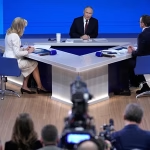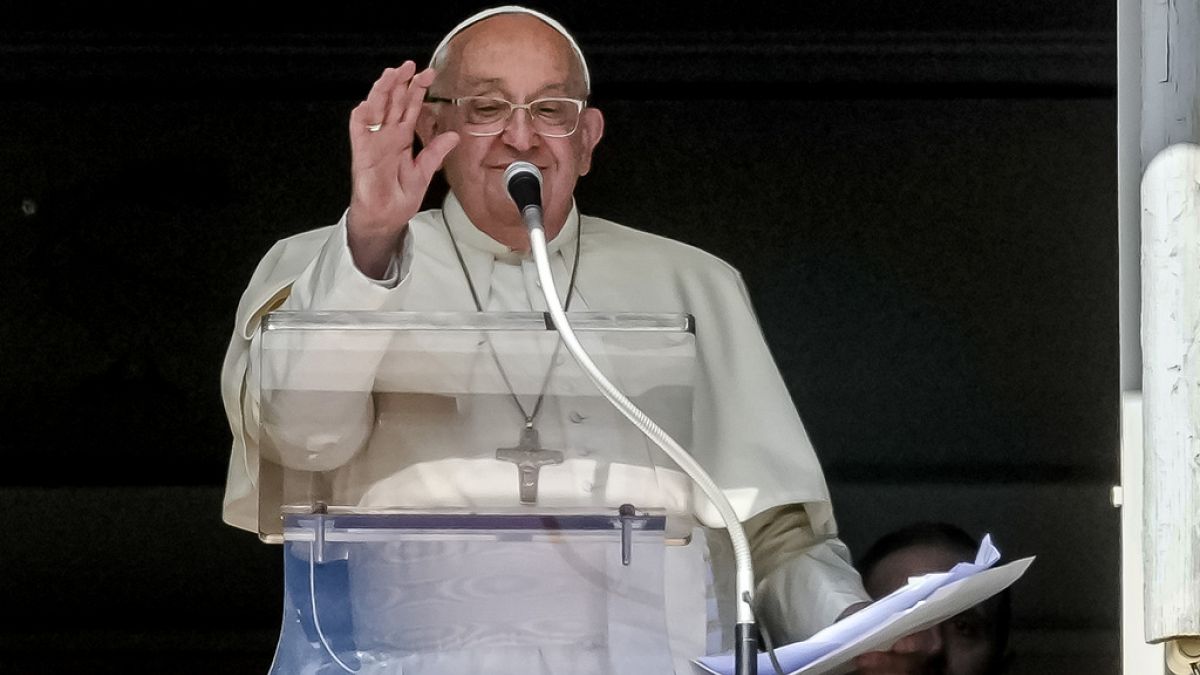Pope Francis recently announced the names of 35 new cardinals, including the head of the Ukrainian Greek Catholic Church in Australia, Bishop Mykola Bychok. This decision was seen as a symbolic move in light of the ongoing war in Ukraine, offering the country its only cardinal. Bychok, at 44 years old, is the youngest of the new nominees, while Monsignor Angelo Acerbi, a 99-year-old retired Vatican diplomat, is the oldest. The new cardinals will receive their red hats at a ceremony on Dec. 8, adding to the voting-age cardinals in the College of Cardinals.
Aside from Bychok and Acerbi, Pope Francis also named heads of major dioceses and archdioceses in South America, as well as leaders from Asia and Africa. These appointments reflect the pope’s efforts to diversify and expand the representation in the College of Cardinals, ensuring that voices from different regions of the world are heard. This move also aligns with Francis’ mission to promote inclusivity and diversity within the Catholic Church, allowing leaders from the church’s peripheries to have a seat at the table.
The nomination of a Ukrainian cardinal in the midst of Russia’s war against Ukraine sends a subtle political message and highlights the ongoing conflict in the region. Despite some criticisms for not choosing the Kyiv-based head of Ukraine’s Greek Catholic Church, His Beatitude Sviatoslav Shevchuk, the decision was praised by Ukraine’s ambassador to the Holy See, Andrii Yurash. The appointment of Bychok is significant for Ukraine and the Ukrainian community in Australia, offering representation and support during these challenging times.
With the creation of 35 new cardinals, Pope Francis significantly increased the size of the College of Cardinals, adding to the voting-age cardinals who will one day elect his successor. The diversity among the new cardinals, representing various regions around the world, reflects the global nature of the Catholic Church and its mission to reach people from all backgrounds. This move also aligns with Francis’ vision of a more inclusive and equitable church, where leaders from diverse backgrounds have a voice in decision-making processes.
The upcoming consistory on Dec. 8, where the new cardinals will receive their red hats, will be an important event that officially kicks off the Christmas season in Rome. This will be Francis’ 10th consistory during his pontificate, marking a significant moment in the history of the church. The infusion of new cardinals, including leaders from South America, Asia, and Africa, demonstrates the pope’s commitment to ensuring that different regions of the world are represented in the highest ranks of the church.
Overall, Pope Francis’ decision to appoint 35 new cardinals reflects his broader vision of a more inclusive and diverse Catholic Church. By expanding the representation in the College of Cardinals and giving voice to leaders from various regions, Francis is working towards a more global and unified church. This move also sends a powerful message of solidarity and support, especially to countries like Ukraine facing ongoing conflicts. As the church continues to evolve and adapt to the changing world, the appointment of new cardinals underlines the importance of embracing diversity and inclusivity within the Catholic community.











